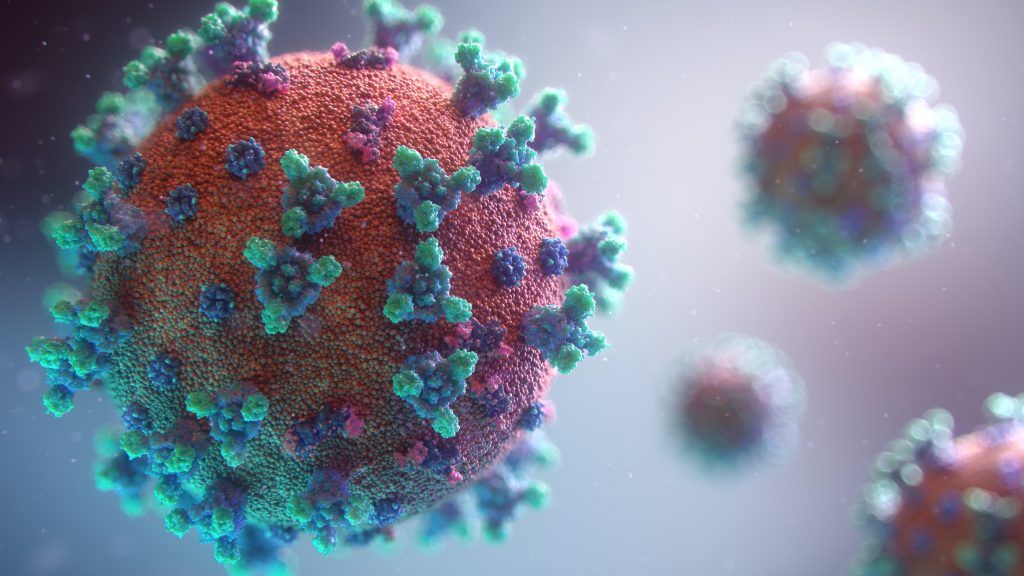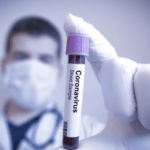The European Commission’s Joint Research Centre has developed a new detection method specific for the Omicron variant. The method has been successfully validated in silico, based on bioinformatics. The JRC now invites control laboratories worldwide to validate it in vivo on clinical samples.
Following the recent emergence of a new SARS-CoV-2 variant of concern, Omicron, in southern Africa, and with first cases reported in the European Union and in the UK, tracing the virus and monitoring its spread are key to deploy effective countermeasures.
The Omicron variant differs quite significantly from other variants in that Omicron is characterised by more than 50 nucleic acid changes from the reference SARS-CoV-2 sequence, which could potentially challenge the detection of the virus. Concerns have arisen that the new variant could be even more transmissible than the Delta one.
The JRC has therefore quickly developed a new detection method specific for the Omicron variant. The method is based on the widely used RT-qPCR technique, and successfully detects the Omicron variant in silico.
It is a very quick test easy to do, quicker than the sequencing and other methods now available. RT-PCR is simple to set up in any biotech laboratory that can conduct PCR assays.
Bioinformatics prediction tests demonstrate that the sequences in the primer sets are highly accurate, and do not match the genetic sequences of other viruses, including other coronaviruses or SARS-CoV- 2 variants. The JRC has directly shared this new method with EU policymakers and with the scientific community to help speed up the monitoring of the spread of the Omicron variant globally, in what is essentially a race against time.
The JRC now invites control laboratories worldwide to assess it in vivo on clinical samples and to report results back to the authors in order to improve the test if needed.
Methodology
The majority of the changes characterising the Omicron variant are found in the gene encoding for the Spike glycoprotein. The spike protein is a key structure that facilitates the viral entry to human cells. It is also the target of mRNA- and viral vector-based vaccines.
By inspecting the spike protein encoding regions of all Omicron-flagged complete sequences, JRC scientists identified a target region with a unique and Omicron-specific cluster of nucleic acid sequence.
Only mutations present in at least 80% of the analysed sequences were retained to define a set of commonly shared mutations. Using this region, JRC scientists designed a variant-specific set of primers to be used as real-time polymerase chain reaction (RT-qPCR) Omicron detection method, called OmMet.







Leave a Reply